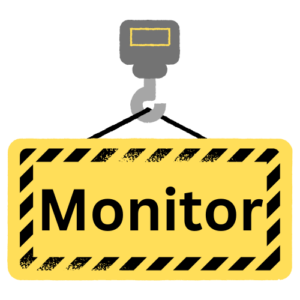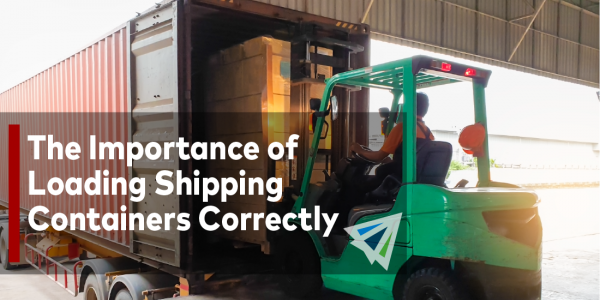Competitive Edge
August 20th, 2025
Stay Current with InterlogUSA
Market Update

Tariffs:
— The Trump Administration has talked about rolling out industry-specific tariffs to complement the existing country-by-country measures. Most recently, on August 1st he implemented a 50% tariff on copper imports, unless otherwise stated. As per an Executive Order, this refers to goods entered for consumption, or withdrawn from warehouse for consumption, on or after 12:01am EDT on August 1st, 2025, per an Executive Order.
— An Executive Order has put new country-specific reciprocal tariffs into effect. As reported by Freightwaves, the U.S. and Mexico have agreed to a 90-day extension to allow trade discussions to continue. The U.S. and China reached a similar deal, moving the expiration of their existing agreement from August 12th, to 12:01am EST on November 10th.
Air Cargo: Air Canada flight attendants recently went on strike late last week which impacted operations on Saturday, with the expectation that some flights would restart on Sunday, as the Canadian Industrial Relations Board declared the ongoing strike activity as illegal and ordered the union to direct their employees to return to work. However, the union refused to do so, thus pushing back the restart timeline to Monday evening, according to Freightwaves reporting and from a public statement from Air Canada. As of Monday evening, a mediated settlement was reached between Air Canada and the flight attendant union.
In other air cargo news, global air cargo volumes were up in July, seeing a 5% year-over-year increase per data from Xeneta.
Freight News: Explosion Aboard Cargo Ship in Baltimore Harbor Occurs
On the evening of Monday, August 18th, an explosion occurred aboard a cargo ship in Baltimore Harbor. According to a U.S. Coast Guard press release, the vessel – carrying coal and heading outbound with 23 crew members and two pilots on board – reported no injuries. An investigation is now underway to determine the cause of the incident.
In a follow up press release on August 19th, the Coast Guard announced the deployment of a sonar-equipped survey vessel to assess potential navigation hazards within the Fort McHenry Federal Channel. The survey data will also provide data to help form the operational plan for fully reopening the channel to port traffic.
Seaway Bill Vs. Bill of Lading
Seaway Bills are a document used in place of Bills of Lading during the shipping process when transporting cargo via sea.
Bills of Lading are served for three purposes: title of the goods, contract of carriage, and the transfer of cargo ownership.
The main difference is Seaway Bills only serve two purposes: title of goods and contract of carriage.
Sign up for our
industry answers
Our team works to provide valuable, unique, and relevant content to assist you in finding solutions. Sign up now.

